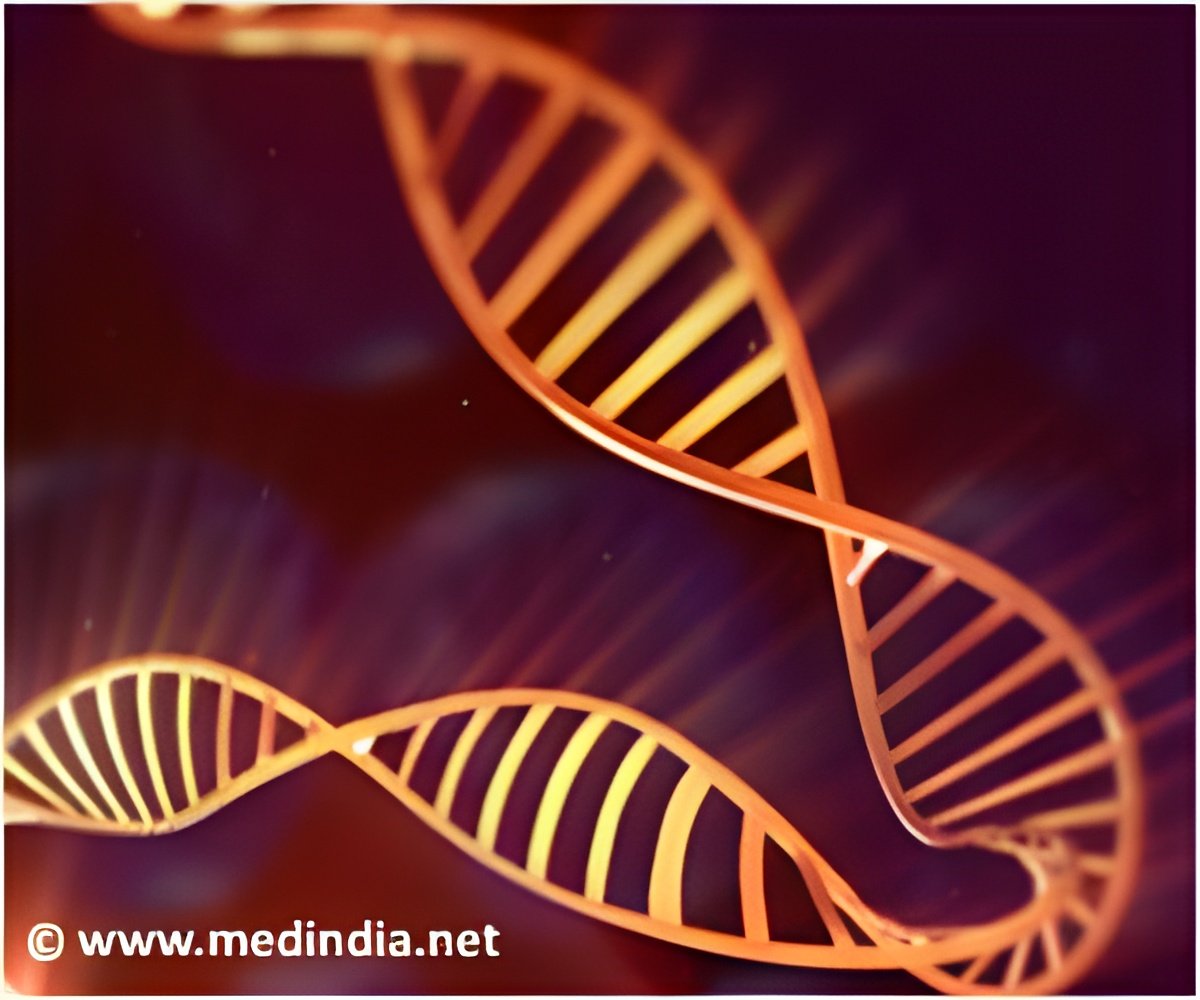A method to create a comprehensive library of mutations across all genes in the mouse genome was developed by researchers.

The team found that a remarkable 50 of 52 guide RNAs tested successfully cut both copies of the genes. The extremely high success rate for these engineered guide RNAs seems to be consistent across many cell types, which led them to create a library of guide RNAs targeting every gene in the mouse genome.
"CRISPR technology is revolutionising how we study the behaviour of cells," says Dr Kosuke Yusa, lead author from the Wellcome Trust Sanger Institute. "We've developed a thorough library that can be used by other researchers to study the role of any gene. We can create a library of this type for any cell or any species."
The team has engineered a library of nearly 90,000 of these guide RNAs that can be used to target and modify every gene in the mouse genome, and created mutant stem cell libraries. They subjected the mutant libraries to a genetic screen against a bacterial toxin, Clostridium septicum alpha-toxin, to better understand how resistance can occur: This agent has toxic effects on every cell type.
The team targeted 26 genes that are known to be associated with the synthesis of the receptors of this bacterial toxin. They revealed that 17 of these genes were responsible for resistance. Importantly, they also identified previously unknown genes whose mutations confer with resistance to this toxic agent.
The team will now use this library to create mutations in cancer cell lines. A major problem with cancer drugs is that often cells can quickly acquire resistance and reject the treatment. By screening for genes that have lost all function through mutation, the team can determine what genes are involved in acquiring resistance to cancer treatments and thus find a clinical target.
 MEDINDIA
MEDINDIA




 Email
Email





